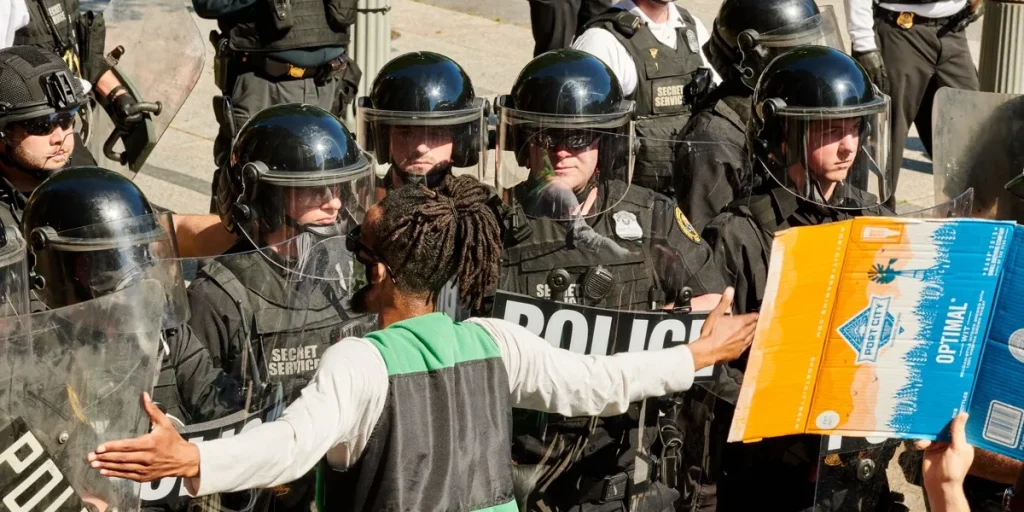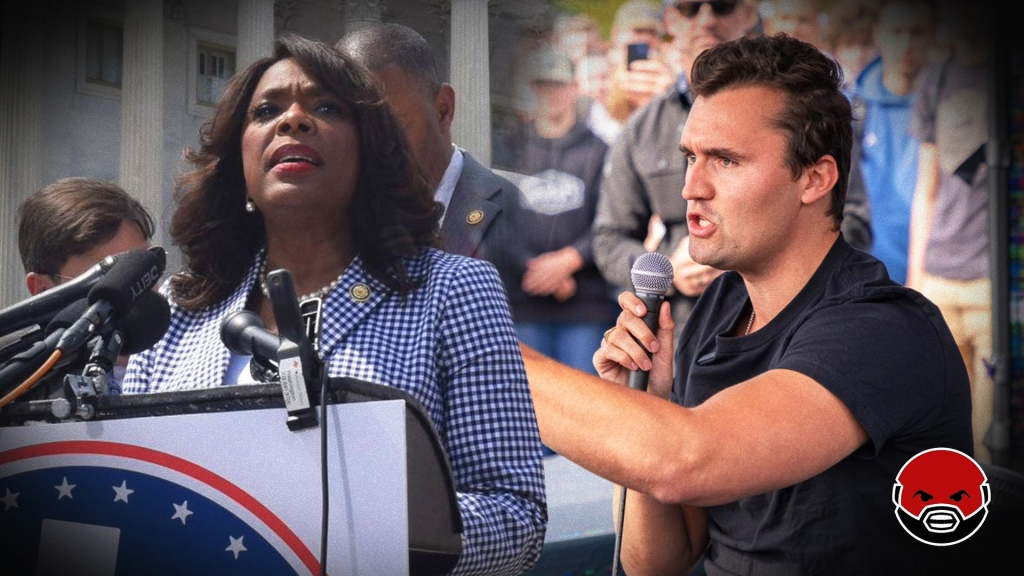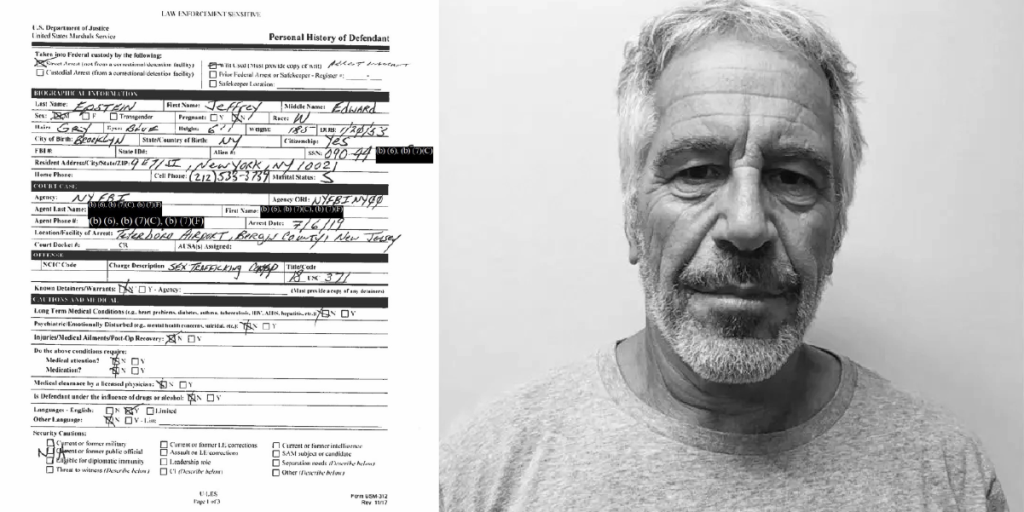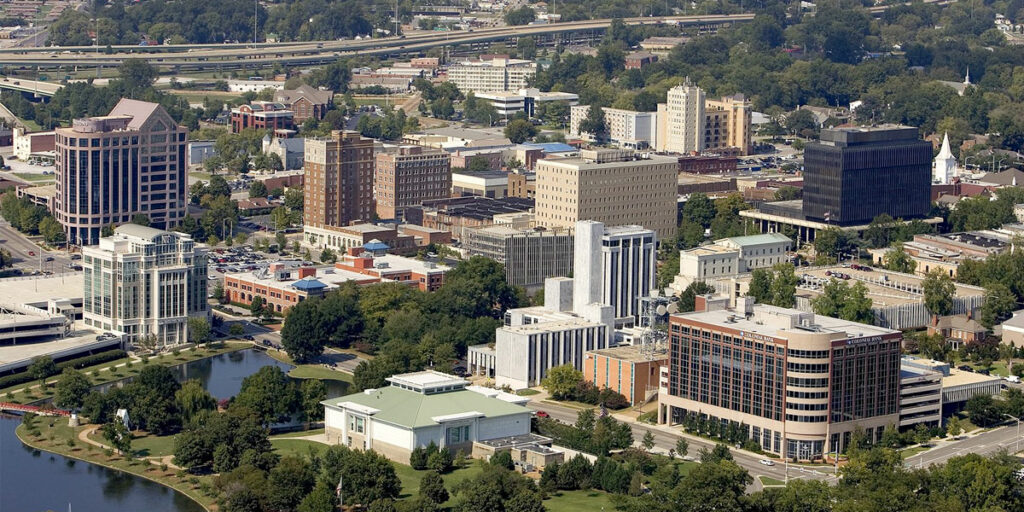With the U.S. Supreme Court set to potentially narrow how race can be used in political redistricting, Alabama lawmakers have pre-filed a new bill for the 2026 legislative session to prevent election chaos if district lines change too close to the 2026 elections.
The 2026 state legislative session begins January 13, the Alabama party primary elections will be held on May 19, and the general election is slated for November 3.
That puts any late redistricting ruling from the Supreme Court squarely in the middle of campaign season.
SB23, filed this week by Alabama Senate Pro Tem Garlan Gudger (R-Cullman), would create a contingency plan: It would void prior primary results only in the district that changed, keep already-qualified candidates on the ballot, and require the Governor to call a special primary within five days of a final ruling.
The Supreme Court re-heard Louisiana v. Callais last month, which used the same Gingles test ‘50%+ black voting-age population (BVAP)’ mechanism to draw an additional black opportunity district as Allen v. Milligan, Alabama’s redistricting litigation, which subsequently became Alabama’s 2nd Congressional District under federal order.
That new district was won in 2024 by U.S. Rep. Shomari Figures (D-Mobile). It also deeply affected Alabama’s 1st Congressional District, which is now an open contest in 2026. The 7th District, held by U.S. Rep. Terri Sewell (D-Birmingham) since 2010, remains a majority-black district.
A ruling in the case is expected by late June 2026.
Separately, a federal court judge ruled in August that Alabama’s 2021 State Senate map violates the Voting Rights Act in the Montgomery area.
That litigation could also federally impose race-based alterations to Alabama’s state legislative map, although it is now pending appeal.
Among all these political districts shaped, or potentially to be shaped, by Section 2 of the Voting Rights Act on the ballot in 2026, a Supreme Court decision changing the rules could prompt the Alabama Legislature to redraw lines again on a compressed timeline.
If enacted, SB23 would keep those elections, and any others, on time and under final, lawful maps.
The special primaries would need to be wrapped by August 31 and the November 3 general election would stay in place.
Grayson Everett is the editor in chief of Yellowhammer News. You can follow him on X @Grayson270.












